Challenges and Criticisms of Making Tax Digital (MTD)
The transition to Making Tax Digital (MTD) has been a significant shift for UK taxpayers. Despite its purported benefits, several challenges and criticisms have emerged. Individuals, sole traders, and businesses must understand these issues to ensure a smooth transition and minimise potential difficulties.
Understanding Making Tax Digital (MTD)
Making Tax Digital is a government initiative to streamline the UK’s tax system. However, its implementation has sparked questions. For instance, is the new system more burdensome for small businesses? Could it potentially exacerbate the tax gap it’s designed to close?
For MTD for VAT, businesses must now keep digital records and submit VAT returns digitally. The programme’s expansion, dubbed MTD for ITSA (Income Tax Self-Assessment), mandates that self-employed individuals and landlords with gross income exceeding £10,000 annually must adhere to these requirements by April 6, 2026. The mandate of Making Tax Digital for corporation tax will also be introduced in 2027.
The Implications of the MTD Programme
Despite the intended simplification of tax return procedures, MTD implementation has received criticism. A primary concern is that MTD might become an additional burden for small businesses, disrupting the day-to-day running of their businesses. The transition requires these entities to familiarise themselves with new digital tools and accounting software, costing them time and resources.
Moreover, some fear that the quarterly digital reporting requirement might increase the likelihood of making errors in their tax affairs. Such mistakes could result in penalties for error and failure to take reasonable care, adding financial stress to businesses.
The Issue of Digital Exclusion
MTD relies heavily on digital technology and Internet access. However, this approach poses a challenge for those without reliable Internet connectivity or those needing more digital skills and abilities. As a result, some taxpayers, especially older adults and those in rural areas, may need to catch up, widening the digital divide.
Is MTD Bridging the Tax Gap?
A key objective of MTD is to minimise the tax gap caused by preventable errors. But, despite HMRC’s claim, some experts argue that the new system might unintentionally widen the gap. The National Audit Office (NAO) has expressed concerns that HMRC might have overestimated the positive impact of MTD on reducing errors.
MTD and COVID-19
The COVID-19 pandemic has also disrupted progress with Making Tax Digital. Many small businesses hit hard by the pandemic have had to delay their transition to MTD. Given these extraordinary circumstances, HMRC should have postponed the implementation of MTD ITSA beyond its current date of April 2026.
Key Takeaways:
- MTD implementation presents a learning curve and potential resource burden for small businesses and self-employed individuals.
- The quarterly digital reporting requirement may increase error potential.
- Digital exclusion remains a significant challenge in the MTD transition.
- Doubts persist over whether MTD can effectively minimise the tax gap.
- COVID-19 has disrupted the transition to MTD, sparking calls for delayed implementation.
Understanding these challenges can inform strategies for successful MTD adoption and contribute to ongoing discussions about improving the MTD system.


Request a call back
Let us know when you would like us to call you back by filling in this form:
Our 5 Star Reviews



Latest News

Making Tax Digital 2023: MPs Criticise Delays and Complexity
Explore the challenges and impacts of the UK’s Making Tax Digital initiative, including delays and the cost burden on taxpayers.

Making Tax Digital: Small Business Review
Making Tax Digital Small Business Review 2023: Understanding the Basics and Preparing for Change Introduction to Making Tax Digital (MTD) Since 1948, Jack Ross Chartered

Making Tax Digital: The Rising Costs and Challenges
Making Tax Digital: The Rising Costs and Challenges Introduction Making Tax Digital (MTD), the ambitious initiative by HM Revenue & Customs (HMRC) to digitise the
